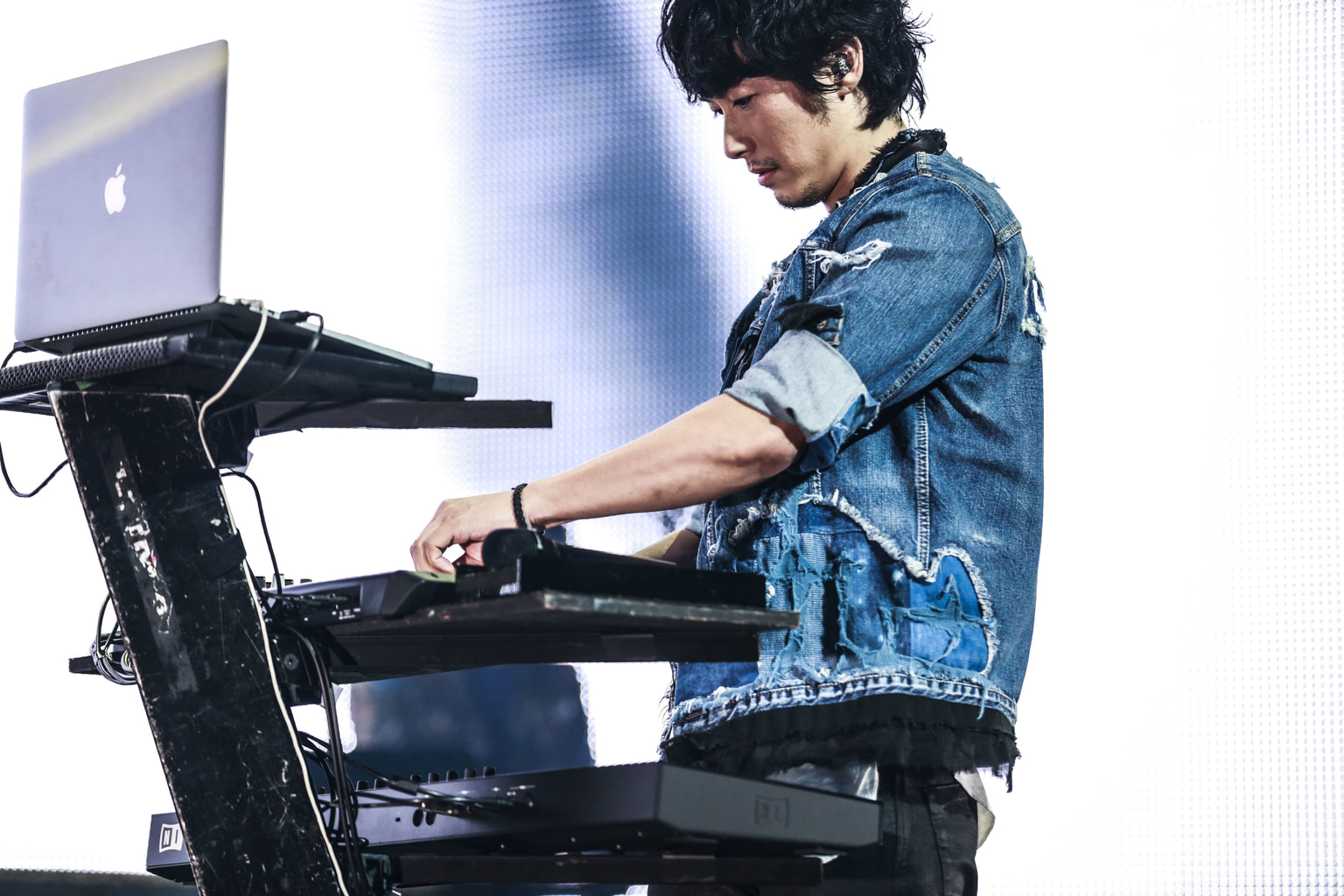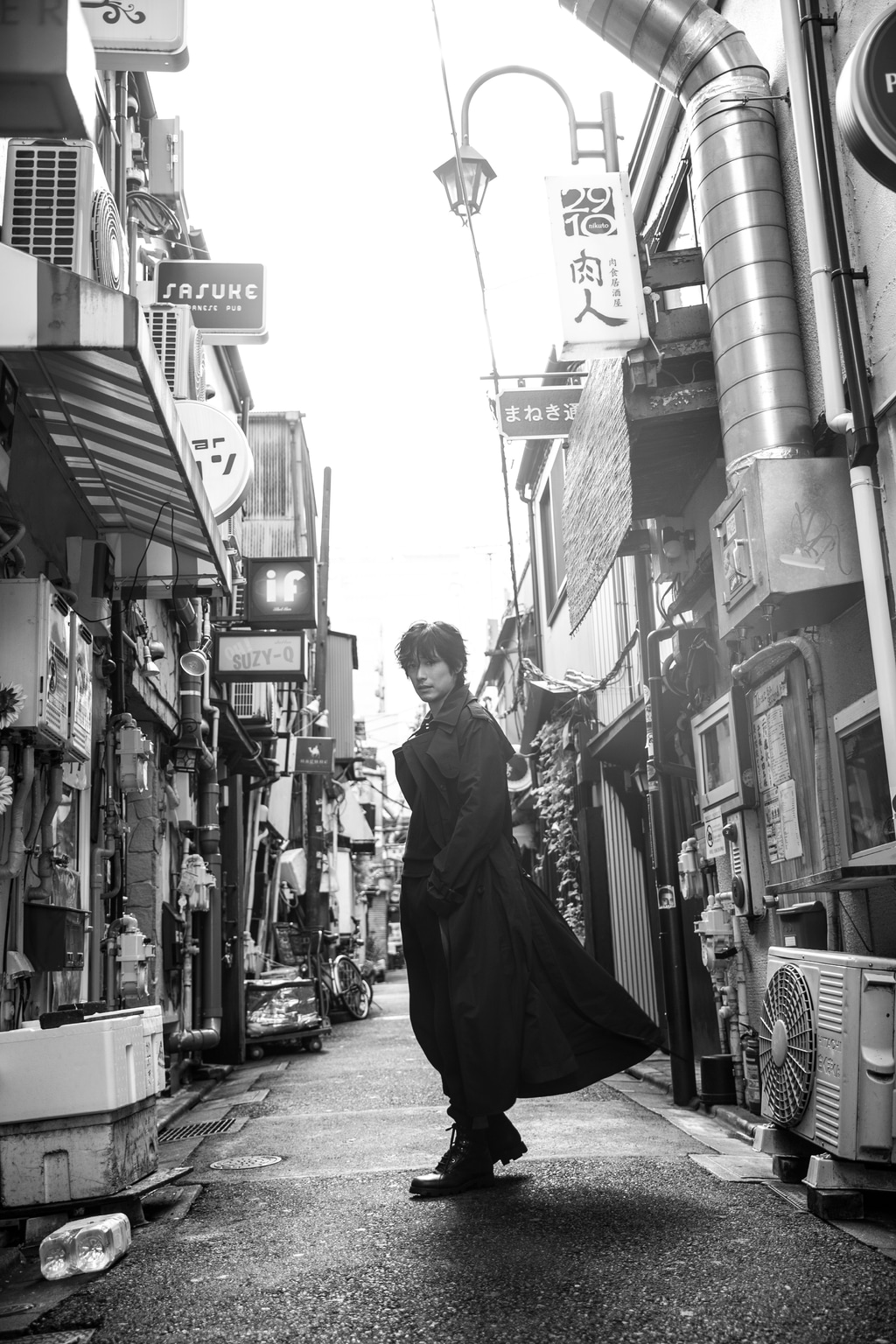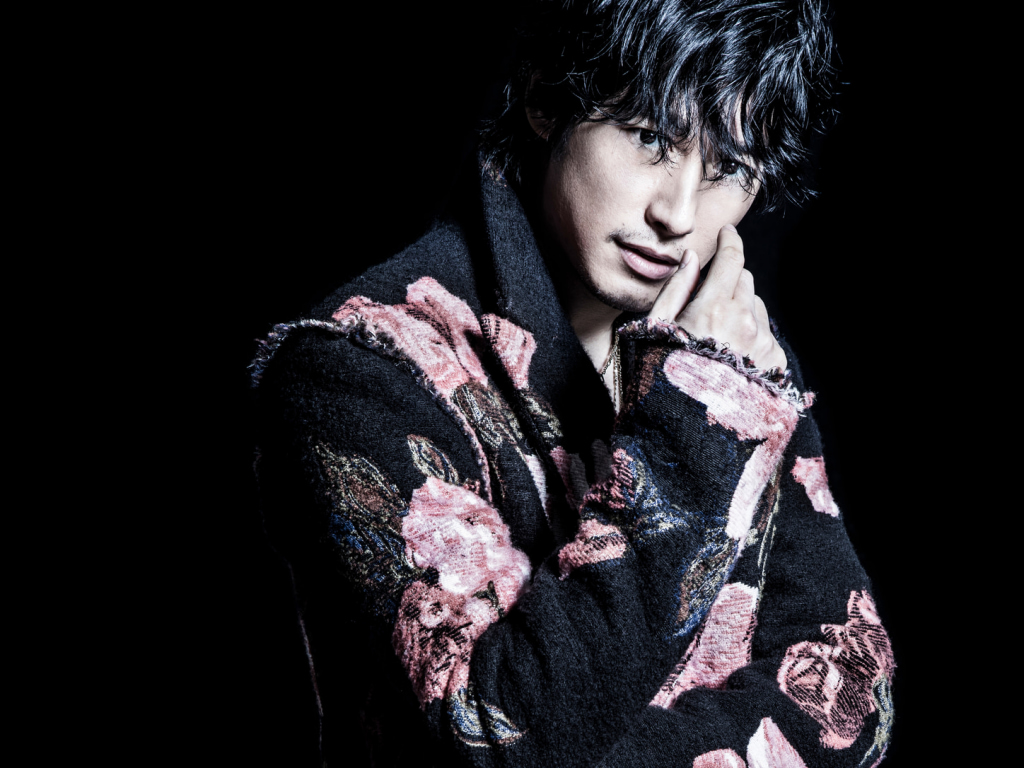The last time TW met actor and musician Dean Fujioka – in 2015 – he was a relative unknown in his native homeland of Japan despite having made a name for himself in Hong Kong and Taiwan. Fast forward three and half years and things look very different.
With two studio albums now under his belt, 38-year-old Dean Fujioka is set to embark on his first Asian tour, starting this month. He’s also appeared in several high-profile films and dramas including his most recent role as the tragic hero Jean Valjean in last month’s TV movie adaption of Victor Hugo’s classic novel Les Misérables.
“It’s been amazing,” Fujioka tells TW. “I’ve been fortunate to get some great parts and subsequently I’d say I’m more well-known as an actor in Japan whereas overseas I’m probably more famous for my music. It took a while for things to happen for me when I first came back here from Taiwan. The situation changed three years ago. I think some people who didn’t know my background thought I found fame overnight. It must have appeared strange having this guy in his mid-thirties seemingly come from nowhere when in fact I’d already been in the industry for around a decade.”
In 2016 Fujioka was named Newcomer of the Year at different award ceremonies and picked up a Best Supporting Actor accolade at the 9th Tokyo Drama Awards for his role as the historical figure Tomoatsu Godai in the critically acclaimed morning drama Asa Ga Kita (Here Comes Asa). The popularity of his character led to a so-called “Godai-Sama boom.”
During this time the Fukushima-born performer released his first studio album. Titled Cycle, it featured “My Dimension,” the theme song for I am Ichihashi: Journal of a Murderer, a controversial film about Lindsay Hawker’s killer – which Fujioka also directed and starred in.

“Before signing with my Japanese agency I wanted to ensure that I’d be given the freedom to try different things,” he says. “I didn’t want to choose between acting and music because I love both. As an actor, you’re a small part of something much bigger. It’s about helping the director, following instructions and making the character your own. By contrast, the songwriting process is mine. I have greater control and just want to put my heart and soul into creating something people can appreciate. That’s what I’ve attempted to do with my latest album.”
Released at the end of last January, History in the Making is a 14-track LP (plus a bonus track in Mandarin) that mixes a variety of genres such as electronic dance music, rock and pop. According to Fujioka the making of the album was like a “long journey with many ups and downs along the way,” though he feels the experience helped him “grow as an artist.”
The songs are in chronological order beginning with “History Maker,” which was written in 2016 for the popular Japanese figure skating anime series Yuri on Ice. The electropop ballad that opened the show quickly became a big hit both at home and abroad.
“I was approached to come up with a song in English,” recalls Fujioka. “The melody was in place and sounded good, however, I felt there was an opportunity to make it even better. With the lyrics, I wanted to convey a message that anything’s possible when you truly believe in yourself. While writing it, I was trying to envisage what it must be like for a figure skater who’s about to perform in competition but the sentiment isn’t just directed towards people in sport. In those important moments of our lives, I believe we’re all capable of lifting ourselves to another level.”
Along with “History Maker,” there are many tracks on the album that were written specifically for movies and TV shows such as “Permanent Vacation” (for the film Marriage), and “Let It Snow” (for the TV series May I Blackmail You?). The pick of the bunch, though, is arguably “Echo,” which was named the best alternative video at the 2018 MTV Music Video Awards Japan. It featured in the Fuji TV drama Count Monte Cristo – The Splendid Revenge, a modern-day Japanese adaptation of Alexandre Dumas’ famous adventure story. Fujioka starred as Saimon Dan (based on Edmond Dantes) who’s forced to spend 15 years in prison for a crime he didn’t commit.
“I wanted ‘Echo’ to reflect the inner struggle people have when they’re unable to let go of something from their past”
“I was nervous playing such a well-known character,” Fujioka says. “He’s a complex individual displaying a wide range of emotions. Coming out of prison he intended to start a new life but at the same time, couldn’t escape that desire for revenge. I wanted [‘Echo’] to reflect the inner struggle people have when they’re unable to let go of something from their past. I experimented a bit with the track. It’s dark in places and there’s some influence from East European dance music. I was pleased with how it turned out.”
As the album progresses the tracks become more personal. This is particularly true of “Fukushima,” written about the singer’s home prefecture. Born in the relatively small city of Sukagawa, Fujioka speaks with great affection about his upbringing. Through music, he hopes to give something back to an area that has suffered greatly since the devastating earthquake and tsunami of 2011.
“Before the disaster, nobody outside of Japan had heard of Fukushima when I mentioned I was from there,” says Fujioka. “Now everybody seems to know it, yet only for negative reasons. The focus is always on radiation, so through this and other songs I want to emphasize the positive aspects about the place. I haven’t lived there for ages but it will always be my home. I got very emotional when I performed in Sukagawa as part of the History in the Making tour two years ago.”
Fujioka’s latest tour, Born to Make History, begins on February 16 in Miyagi. He will then play in seven more cities nationwide before live shows in Hong Kong and Taiwan in April.
“I’m super excited,” he says. “Hong Kong was where it began for me. I was there recently and they said ‘Welcome back’ which was nice to hear because when you’re living abroad you’re never sure if you truly belong. I had some amazing experiences both there and in Taiwan. At times, it felt like I was at a boarding school. It was lots of fun and I can’t wait to go back to meet old friends.”

Conversing with the locals should be no problem for Fujioka as he’s fluent in both Cantonese and Mandarin. The same could be said for his English. One of his most famous roles to date was an English-speaking one as Kenji Harada in the 19th-century Canadian police procedural drama series The Pinkertons. Another language Fujioka can converse in is Bahasa Indonesia, which he spoke in Koji Fukuda’s 2018 film The Man from the Sea.
“For me, being able to communicate in a foreign language is more important than having a passport. Looking beyond the fact it boosts brain power and helps to improve memory skills, it also gives us a much stronger appreciation of foreign cultures.”
Learning several languages has certainly aided Fujioka’s career, helping to open doors for him both as an actor and musician. Although right now his main focus appears to be on the latter career, once the Asian tour is over he’ll be back in front of the camera, working on various productions.
“I can’t reveal too much but there are some exciting projects coming up,” he says with a smile. “Whether it’s modeling, acting, directing or writing songs, I’m always looking to challenge myself and that’s what I’ll continue doing over the next 12 months.”
Dean Fujioka kicks off his “Born to Make History” tour on February 16, with shows in Tokyo on March 29 and 30. For more info, visit www.deanfujioka.net
Photographs by Hiro Kimura









